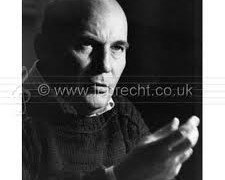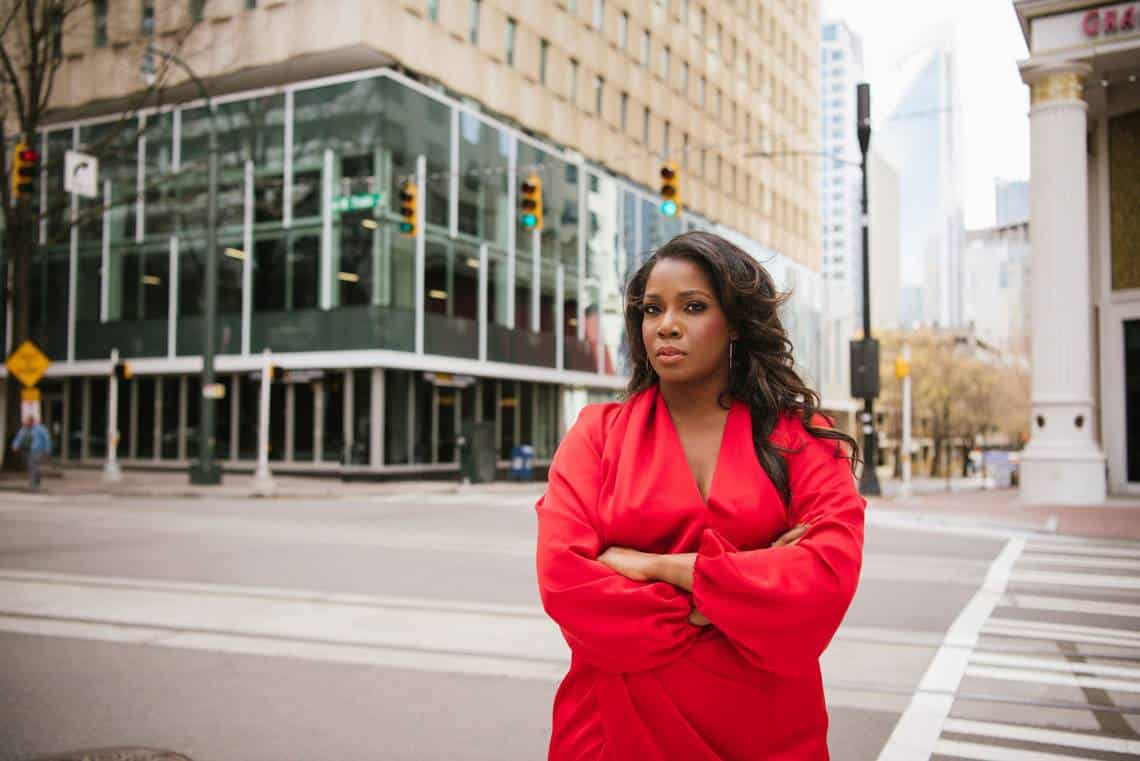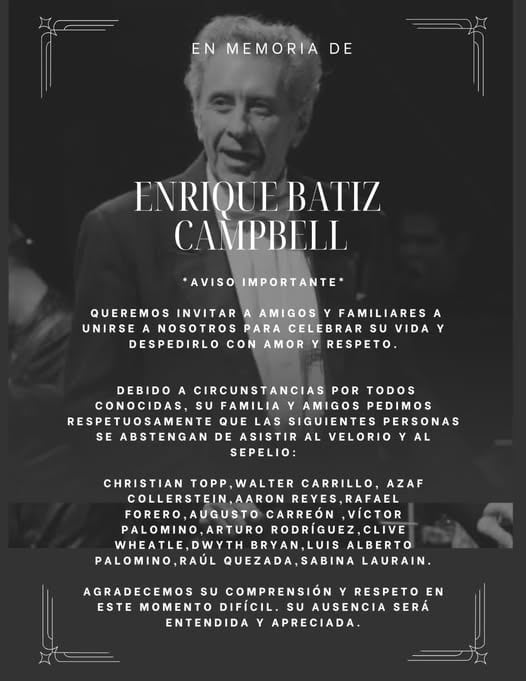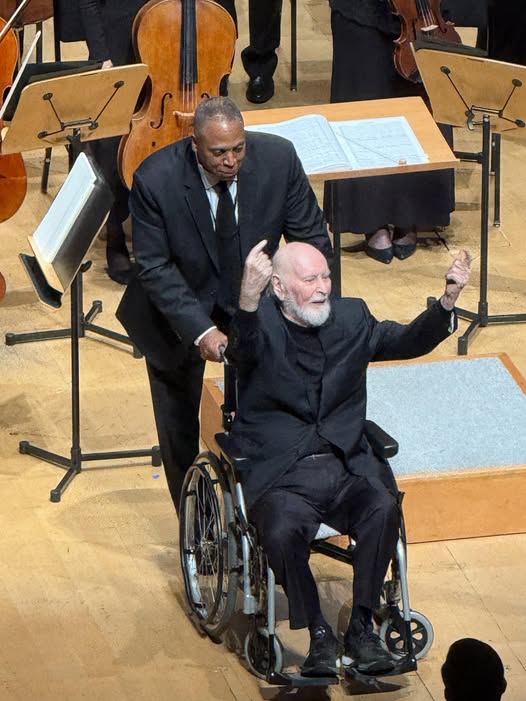When a composer is cancelled
Album Of The WeekFrom the new Lebrecht Album of the Week:
There is an unwritten law in music that composers are left unperformed for ten years after they die. The muting is certainly true of Hans Werner Henze, who died in 2012 and has hardly been heard since. A Vienna Opera staging of his 1990 opera, based on Yukio Mishima’s powerful novel, The Sailor Who Fell from Grace with the Sea, was intended to break the silence last year, only to be disrupted by COVID-19 closure. …
Read on here.
And here.
En francais ici.
In Czech here.
In The Critic here.






Comments